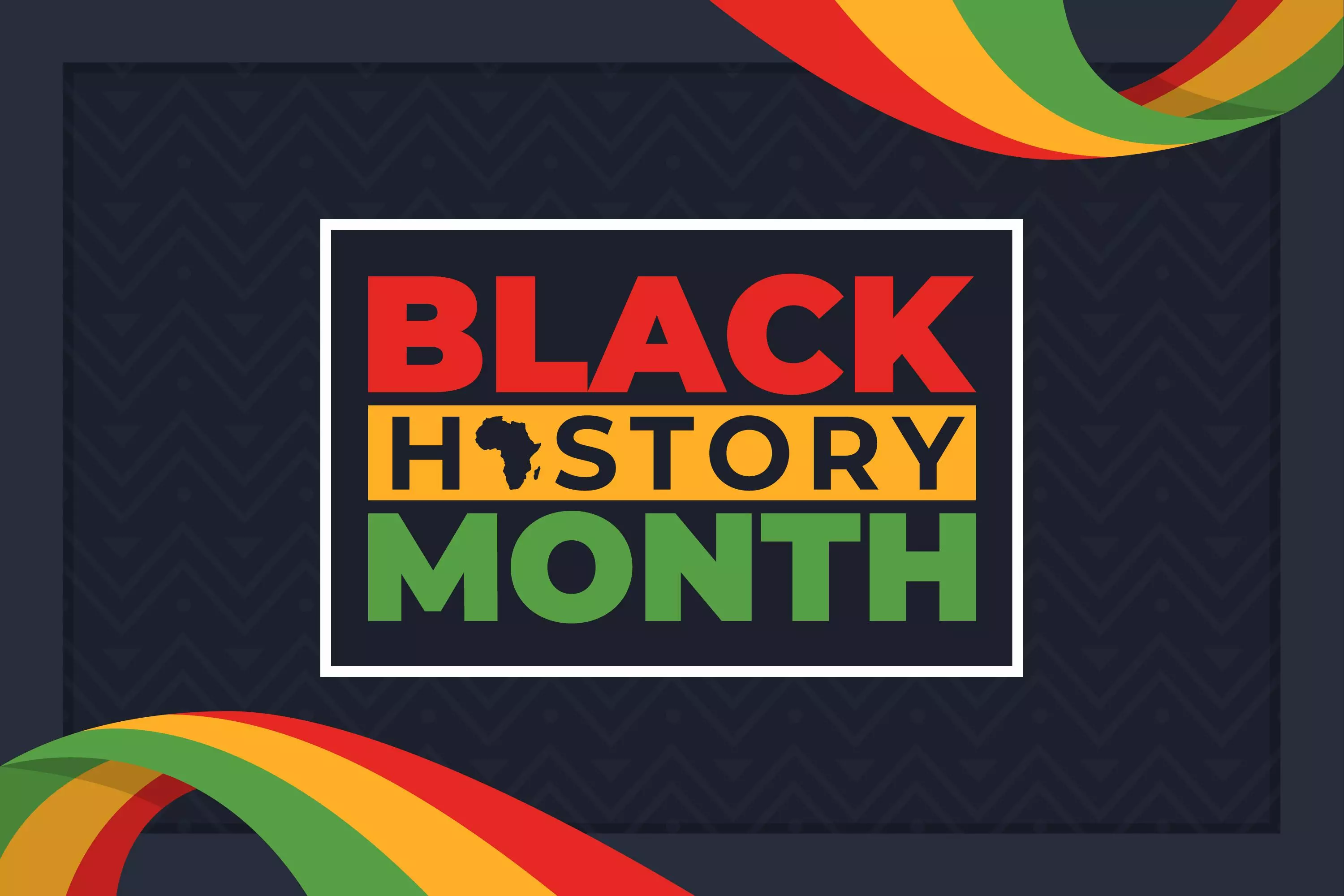Farrukh Dhondy | As UK ‘reclaims its narrative’ on ‘Black History’, a tribute to CLR

From Pune to Lambeth: A Reflective Journey Through Radical Politics, CLR James, and Black History Month. (Image: Freepik)
“A philosopher in Pune
Had extremely little to say
His principal con
Prevailed upon
Gullible Westerners who’d readily pay
To listen to sermons galore
Which are really a literal bore
And not too complex
Pushing ‘freedom’ and sex
Pandering to the white insecure.”
— From Flasfy of BugBorn Shri Ragwort, by Bachchoo
Every October Britain has Black History Month. Unlike Mother’s Day, Father’s Day, Valentine’s Day, Pet Dog’s Day (every dog has one?), Black History Month is not a commercial establishment of florists, dog-food merchants and other beneficiaries, but is a serious attempt to weave into the public awareness of the country whatever the institutions think of as “black history”.
It may be argued that history has no colours, but that’s pedantic. Black history is dedicated to the stories of the conditions, fight-backs and progress of black, ex-colonial immigrants to Britain since the 1950s. Of course, some of the programmes tell the stories of other contributory black heroes and heroines from the past in Britain and elsewhere.
Being one of these (no, no, an immigrant, not a heroine from the past!), I am invited now and then to speak on the BHM platforms or programmes.
This year the Lambeth Council asked me to participate in two of their events, the first of which was a computerised “webinar” addressing audiences via the Internet on the life and work of the Trinidadian Marxist philosopher and cultural and cricket commentator C.L.R. James. I shared the webinar with my friend John Williams, as both of us have written biographies of CLR, his being the detailed factual life story and mine, while sequenced chronologically through the events of his life, is more of a memoir of my interaction with CLR as he lived with me towards the end of his life.
Paying such a tribute to CLR’s life, thoughts and work was precisely what a Black History Month should include in its programme as his radical interpretation the application of a “Marxist” interpretation to the contemporary world best describes, in my humble view, the state of class politics of the last and present centuries.
CLR, apart from having written the history of the first slave revolt in Haiti called The Black Jacobins, influenced through his political lectures and books the last six decades of the political activity of “black” British groups – the Caribbean and Asian communities who were immigrant workers in Britain and considered “politically black”.
And then, since millions of Indians are obsessed with cricket I did then, and should mention here, his seminal work on the game, called Beyond a Boundary.
Which brings me (smoothly, if you think of the previous paragraph but one about Asians being “politically black”) to the second invitation of this October’s Black History Month, at which I addressed a mixed audience of mostly descendants of Caribbean immigrants, now three generations after immigration, black Britons of course, and a smattering of Asians and white activists of the Lambeth Council.
The theme that the Lambeth Council had adopted for the month was “reclaiming our narratives”. Their organiser emphasised the fact that while talking with John about C.L.R. James, one could be philosophical and talk about ideas and their influence on action, my stage speech the next day should be about my own personal story and how I developed, if I did, my own radical politics and how they developed me. Narratives!
That inclined me to start my talk with growing up in India in the 1950s and early 1960s and inevitably making a connection between the poverty I saw all around the country and the shameful, even pagan, rites and superstitions that I saw everywhere, in all communities, including my own Parsi-Zoroastrian one.
It inclined me to thoughts of overcoming or abolishing both — the one which caused — in ways that were in my teenage unclear to me -- or at least allowed the other to be universally evident. I told the audience the story of three urchins following our lower-middle class family’s cook, Hukam Ali, from the market and hanging around on the pavement outside our tiny gates on Sachapir Street in Pune. I must have been twelve years old. I asked Hukam Ali why these kids were at the gate as it were. He said they had watched him buying a bag of bhindi in the market for the day’s dinner and followed him, begging him to give them the tops and tails of the bhindi which would of course be chopped off before the vegetable was cooked. They would take them and they could eat.
Hukam” said it was shameful and he would cut larger pieces off the tops and tails of the bhindi as he was sure my aunts and grandfather, members of the household, wouldn’t notice if he cooked a recipe which called for tiny chopped lady’s fingers (as we called them in English) with potatoes and the rest. Yes, I saw the two boys and the girl gratefully take the okra away.
I did spend rest of the hour of my talk to Lambeth with my anti-racist adventures and narratives in small political organisations in Britain, but should leave those for another day — unless of course anyone wants to read my autobiography Fragments Against My Ruin, which is... (We’ve warned you several times not to advertise your stuff here??? — Ed. Sorry sir! Thhodi si peyt-ki-puja yaar? --fd)
Next Story
